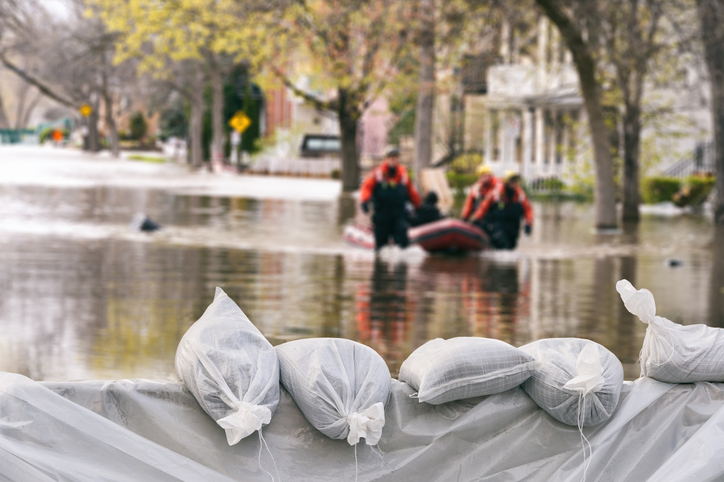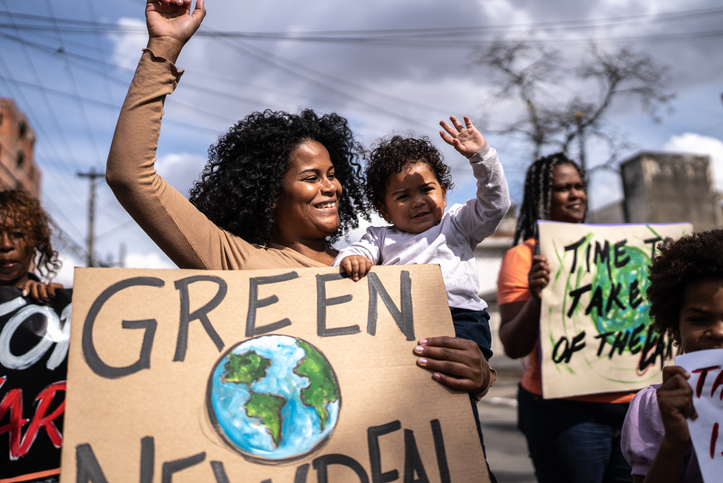The impacts of climate change are familiar — more and more we see news about extreme weather events, droughts, water scarcity, wildfires, and flooding and their impacts on agriculture and human systems. The impact of these events on health and mental health is becoming clear. The air pollution and higher temperatures that come with rising greenhouse gases significantly increase the risk of neurological and psychiatric problems like strokes and dementia. Changes in the supply and nutritional content of food contribute to psychiatric illness, and changes in infectious disease patterns are exposing more people to the neuropsychiatric consequences of encephalitis.
Climate change can lead to job loss, force people to move, and harm social cohesion and community resources, all of which have mental health consequences. In addition, fear of the phenomenon of climate change and related consequences for our national security and individual well-being can cause significant distress.
A new vocabulary is developing to better name the effects of climate change on the human psyche (Cianconi). Ecological grief and eco-anxiety are terms describing the sense of loss or the anxiety people feel related to climate change, including the loss of a stable future (Panu). Solastalgia is a specific term coined to capture the nostalgia we can feel for a traditional way of life or childhood landscape destroyed by environmental changes (Albrecht). While eco-anxiety is a normal response to the climate emergency and does not usually rise to the level of clinical concern, it may shape views of society and the future, leading to anger, hopelessness, or paralysis, particularly in young people (Hickman). Activists and climate scientists may also experience emotional burnout and despair when progress towards sustainability falters (Malach).



